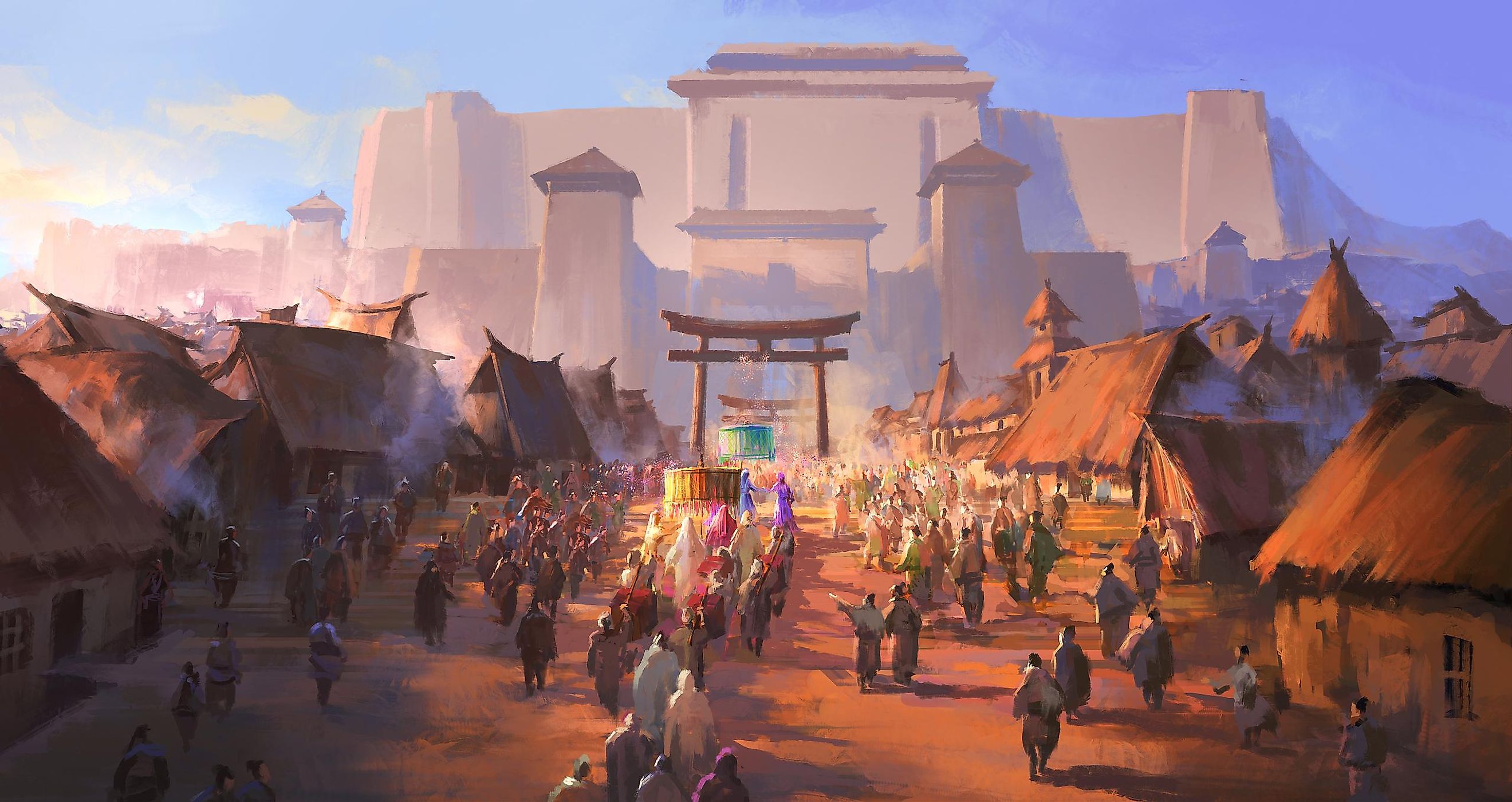
The World's 7 Most Remarkable Ancient Civilizations
Before we get our hands dirty digging up the past in search of the 7 Greatest Ancient Civilizations, we must have a basic understanding of what exactly a civilization is. In an effort to give us a better feel of what we're dealing with in this quest of ours, let's start with an example that we can readily grasp. What is meant by modern Western Civilization? It includes nations like the United States of America and Canada, but it also includes entire regions like Europa. This is civilization. It does not refer to one sovereign country but encompasses many. However, unlike an empire that unites nations and regions under one centralized government (by force), a civilization refers to a group of sovereign places united by a common culture. Now, without further ado, here are the 7 Greatest Ancient civilizations.
Sumerian Civilization (4500 – 1900 BC)
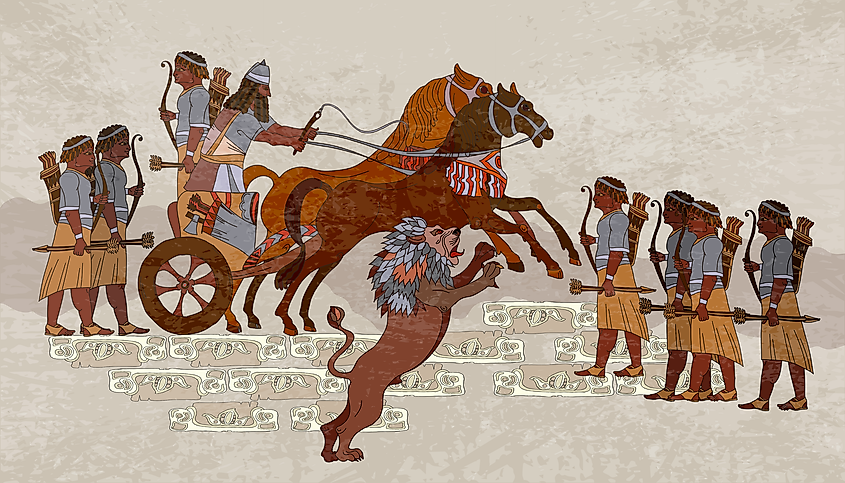
When speaking about the "greatest" civilizations to grace the world, we must include the Sumerian civilization. I say we must for two reasons: 1) It was the first civilization (that we know of) and 2) because the Sumerian civilization left a massive impact on the religion and cultural thought of the world in a way that no other civilization has since. But first, a bit of history. The ancient Sumerians lived in the region of Mesopotamia, located in modern-day Iraq. Because of its location near the Tigris and Euphrates Rivers, the Sumerians could forgo the hunting and gathering lifestyle and begin farming, which later formed some of the Earth's first cities. One such city was known as Ur and is the birthplace of the Biblical character Abraham who is credited with founding not one but three world religions: Islam, Judaism, and Christianity.
Indus Valley Civilization (3300 – 1300 BC)
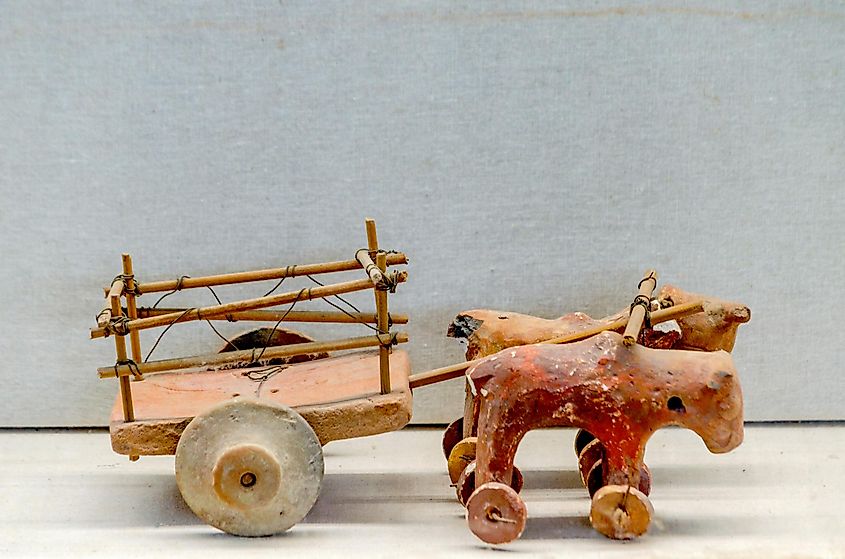
When it comes to the Indus Valley Civilization, there is a long, complicated history that might stretch as far back as 7000 BC! This ancient civilization got its name from its location in the Indus Valley, which is made up of modern-day India and Pakistan. The Indus Valley Civilization boasted some fantastic feats of architecture and is famous for its sophisticated sewer and water systems. While it might seem odd today, plumbing was a real challenge for ancient civilizations, and the systems developed here are ingenious. The Indus Valley Civilization also developed an alphabet, and interestingly enough, their writings are yet to be deciphered. A lot about this ancient civilization is thus locked behind these ancient writings.
The Egyptian Civilization (3100 – 30 BC)
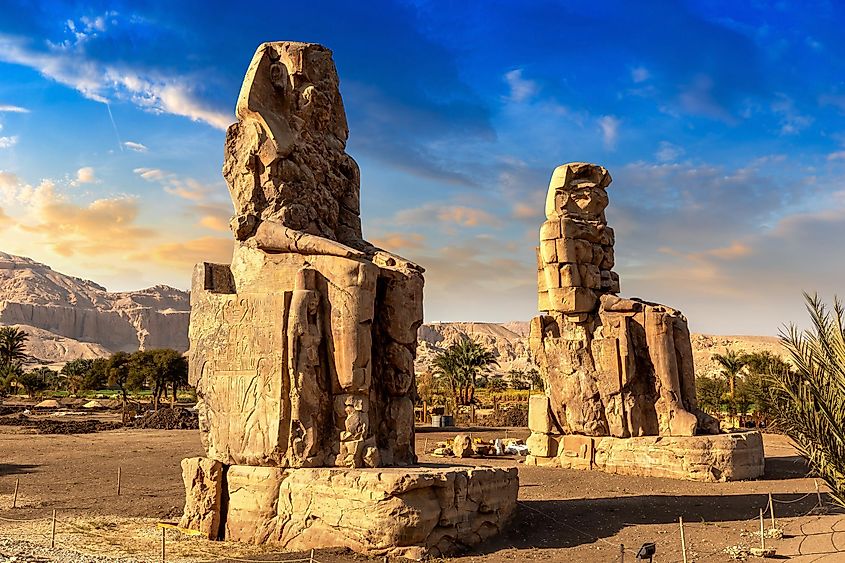
It is impossible to talk about the great civilizations of the past without giving a proverbial nod to the ancient Egyptians. Much like the Sumerian Civilization, the ancient Egyptian Civilization found success in a river, the Nile River to be precise. As settlers arrived in the area some 8,000 years ago, they discovered that the Nile River floods every year, and as the waters returned to normal, the Nile left a deposit of fertile soil perfect for crop growth. As centuries accumulated into millennia, these small settlements became the foundation of what would become the Egyptian Civilization. They accomplished many impressive feats, such as complicated writing systems, acupuncture, herbal medicines, and incredible architecture (The Pyramids at Giza come to mind), and were the first civilization to perform surgery!
Ancient and Early Imperial China (2070 BC-AD 220)
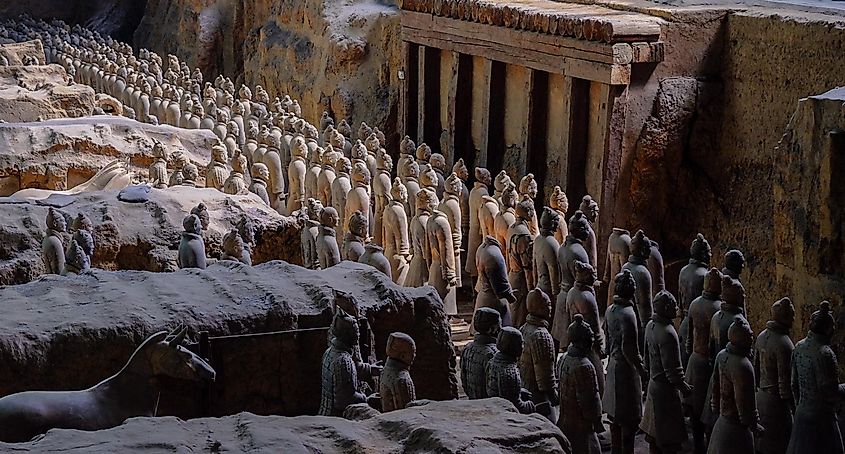
This civilization sprouted up on the lush banks of the Yellow River Valley. Ancient Chinese farmers first settled in this area around 5000 BC, which became the backbone of the Ancient Chinese civilization. Many modern-day wonders like silk briefs, for example, got their start in Ancient China. In addition to silk, the Chinese also brought us: the compass, acupuncture, countless herbal medicines, and, of course, the Great Wall of China, which is still one of the World's Wonders.
Ancient Maya Civilization (1000 BC-AD 1520)
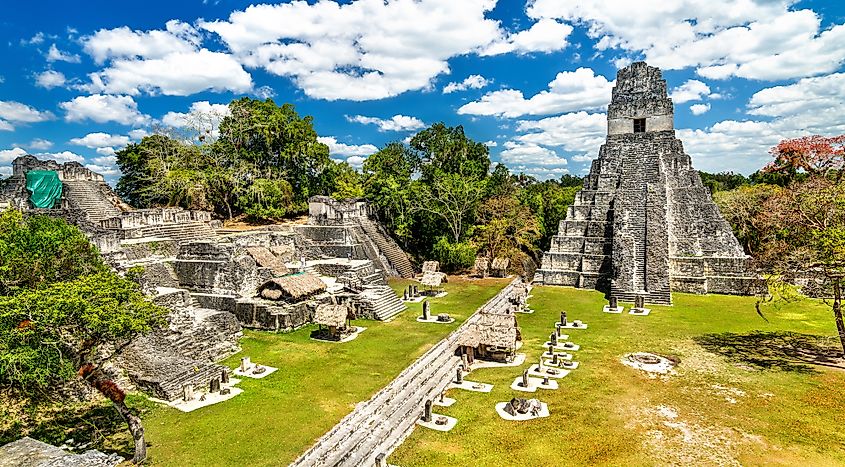
About 9,000 years ago, the Native Americans in Mexico and Central America began cultivating Maize, or something similar to corn. They also began growing beans. With these activities, small communities began to be built around farming. However, the Maya Civilization wouldn't emerge for another 6000 years. The Ancient Maya Civilization was obsessed with the night sky and built massive and impressive observatories to watch the stars and planets. They had a deep understanding of the night skies and tracked celestial bodies, and were able to make predictions about the alignments and positions of planets. They are, however, most famous for the Mayan calendar, which made its way into pop culture with the 2012 movie titled 2012.
The Ancient Greek Civilization (1100 BC-AD 140)
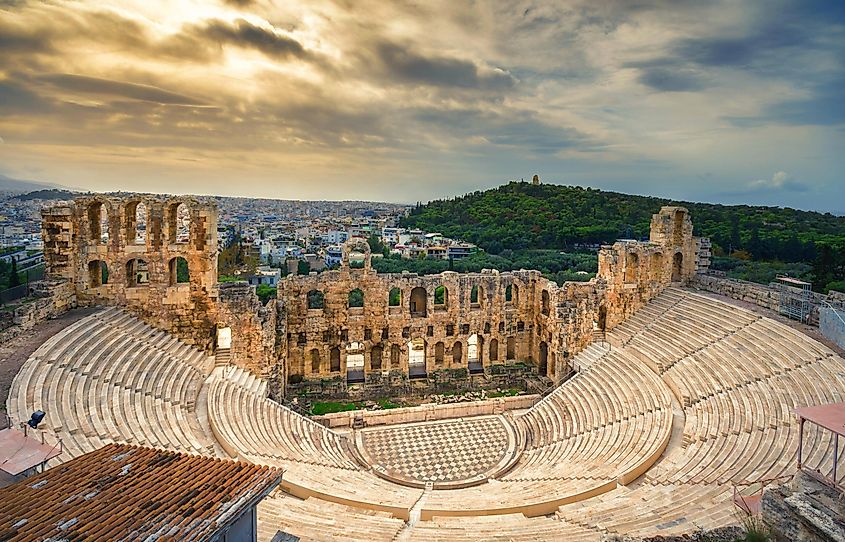
Few civilizations in history have shaped modern Western Civilization in such a profound way as the Ancient Greek Civilization. Settlers first began farming on the nutrient-rich soils along the Aegean Sea around 7000 BC, and it was, again, the activity of farming that would give birth to yet another civilization. The Geek's contributions to our modern way of life have been significant. The likes of Homer and Hesiod paved the way for modern literature. And, of course, it was the ancient Greeks, Socrates, Plato, and Aristotle, to name a few, who pioneered Western philosophy and many other Greek thinkers who massively contributed to modern-day math, medicine, and science. Indeed, the Ancient Greek Civilization helped to shape the lives of all of us living in the West.
The Ancient Roman Civilization (750 BC-AD 470)
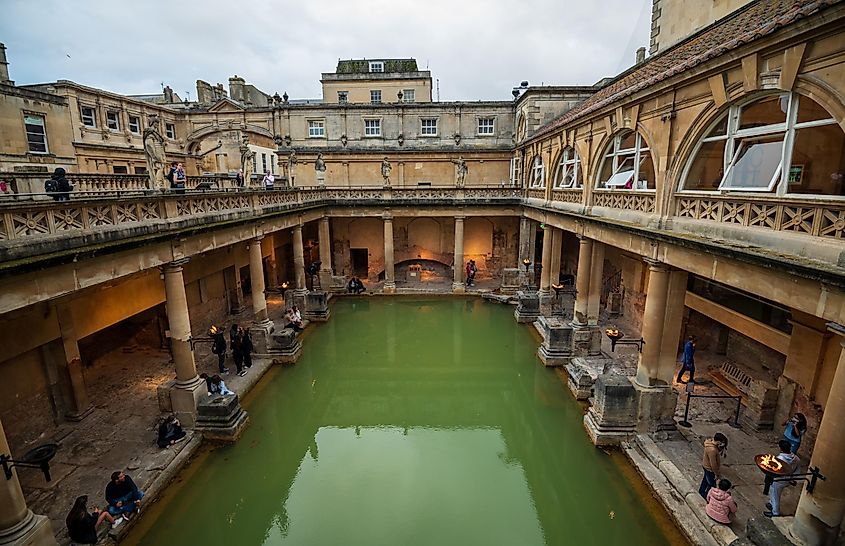
The Ancient Roman Civilization started as a small and seemingly unassuming city on the Italian Peninsula. Legend says it was founded by twin decedents of the prince of Troy, who fled to Italy when Troy was destroyed. While the Roman Civilization was massively successful, what it excelled at was taking and improving upon the ideas of others. The Romans were not the first people to build bridges, archways, aqueducts, or roads. However, they did perfect them. The Romans were open-minded, and as their civilization expanded into an empire, they assimilated the culture, religions, and any ancient advancements they came across as they went.
All of us here today are standing on the back of our ancestors. We are here in this place and this time because of people's choices in our collective past. And we hope that as you study the exciting history of the world's greatest civilizations, it will help anchor you to your time and place in history.











